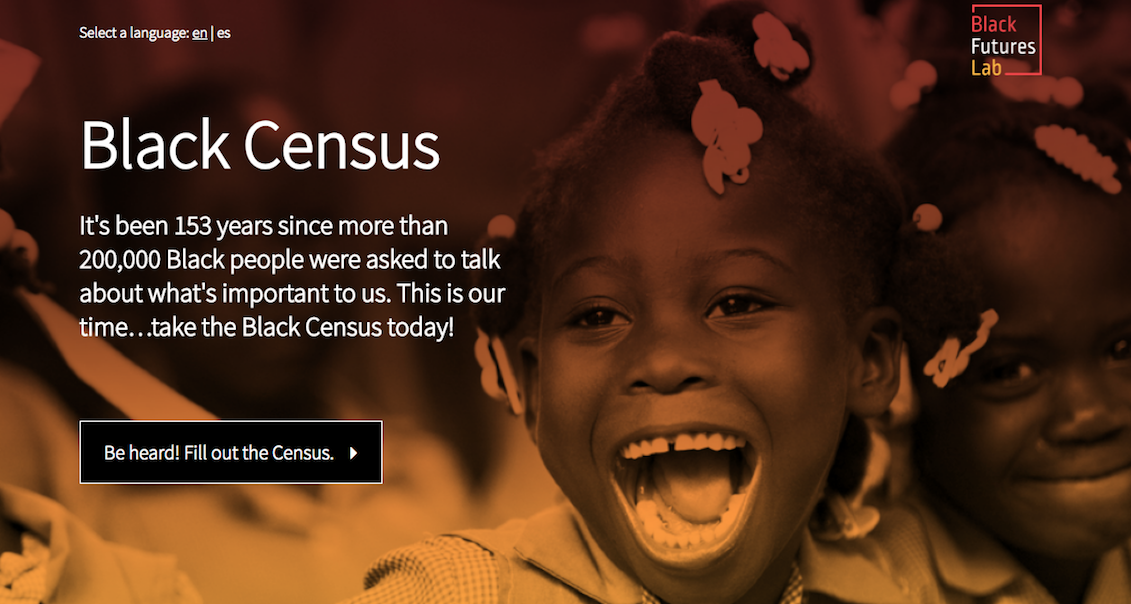
A census for Afro-Latinos: When the priority is to be heard
In a country that insists on displacing people of color, two organizations focused on racial minorities have decided to take matters into their own hands.
When it comes to minorities, visibility is essential.
This is what movements such as LGBTQ and #MeToo have taught us in recent years. While the presence of such movements in political discourse can be underestimated by some in government, it is something that (paradoxically or precisely) has given these movements a force no longer possible to ignore.
But Donald Trump's administration is not a regular adversary, and in a political moment in which each minority group (women, homosexuals, immigrants...) has taken its piece of the cake of discrimination, to be counted and recognized as a group is fundamental.
Organizations such as Black Futures Lab and the Mijente collective are clear about this.
These two racial justice organizations have joined forces to create "the largest Spanish-speaking census" in the history of the country, targeting Afro-Latinxs living in the United States, according to Remezcla.
Its founders, Alicia Garza and Marisa Franco, have decided to create a Spanish version of the Black Futures Lab pilot project launched in February, but this time, aimed at the 1.2 million Afro-Latinos living in the country, who will have the opportunity to speak and report in their own language their most important political and socioeconomic concerns.
"Our fates as marginalized people are linked and across the Latin American diaspora runs the lineage of African descent," Franco said in a statement, with which Garza agreed. "Too often, diverse voices within the Black community are silenced because of the pervasive misconception that Black people are a monolith. Not all Black people are African-American, and we have a duty to create spaces where no one has to check any part of their identity at the door."
RELATED CONTENT
This new project - based on grassroots initiatives at the local, state and national levels - aims to cover all kinds of "classes, disabilities, gender, sexuality, geography and immigration status" with the clear goal of "pinpointing policy changes for elected officials and legislators," the report continued.
After the Department of Justice asked the Department of Commerce in March to include the question of citizenship in the 2020 census - a strategy interpreted as a mechanism of coercion against the immigrant community - the proposal of these two organizations turns out to be not only timely but fundamental.
Coherently, the questions contained in this survey will not be the same as the federal census because, in addition to having the population and demographic data, it will also consider "opinions and points of view on social issues."
According to what the digital director of Mijente, Amanda Chavez Barnes, explained to Remezcla, "language is key to accessibility," and that is why this community census will be available in Spanish, thus helping the process of identification and recognition of the communities.
For her part, Garza explained to the Miami Herald "because our communities are misunderstood and misrepresented, that means we’re misunderstood and misrepresented in politics as well.”
In the near future, the group hopes to also translate the survey into "six languages spoken by black Americans, including French Creole, Haitian Creole, and Somali."
To answer the census you can access click here for Spanish or click here for English.










LEAVE A COMMENT: